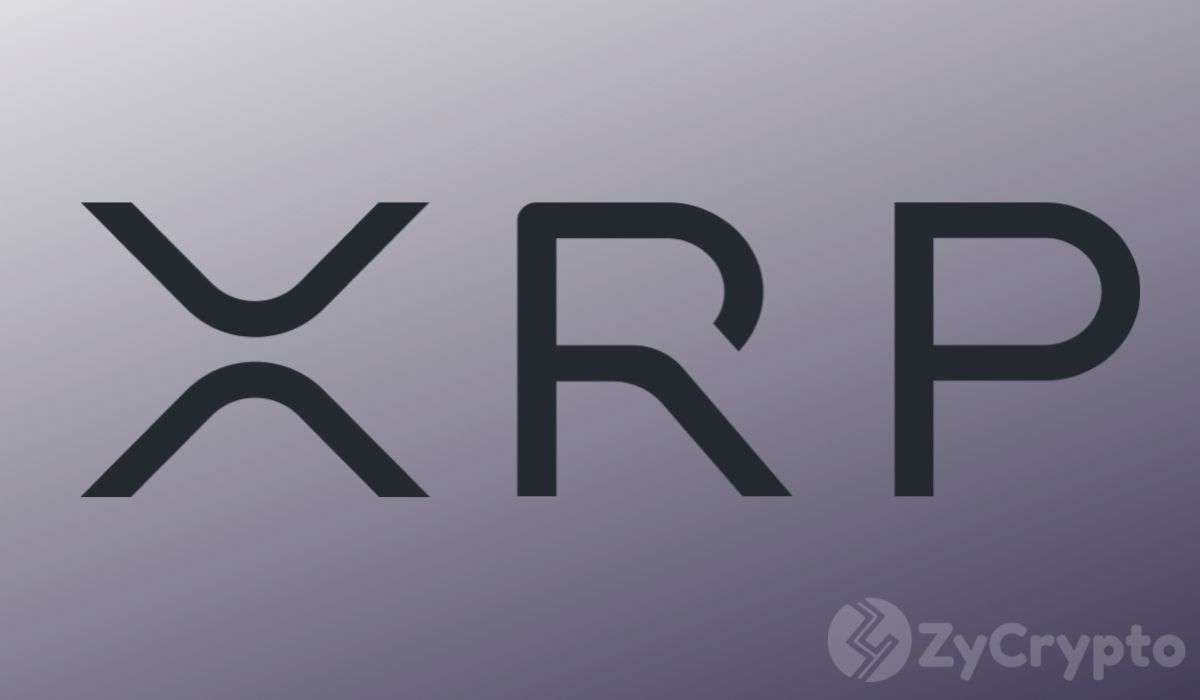ARTICLE AD BOX

- Chainlink has developed an initiative to address the long-standing challenge of data fragmentation in the financial industry, by combining AI, oracles, and blockchain technology.
- The integrated solution with Chainlink Oracle protocol provides real-time, standardized data access and automates validation processes, enhancing efficiency and accuracy for financial institutions and stakeholders alike.
In the past year, the rise of artificial intelligence (AI) has captivated investors and businesses alike, ushering in a wave of innovative applications. Since its launch in 2022, ChatGPT has gained mainstream attention, and significant investments have rushed into AI projects.
One of the projects includes Sentient Labs, an AI startup co-founded by an executive involved with the Polygon blockchain. Notably, the project secured $85 million in funding from investors, including billionaire Peter Thiel’s Founders Fund.
Surprisingly, this surge in interest has not just been confined to tech companies but has also found its way into the decentralized finance (DeFi) sector. A fresh approach is also emerging at the intersection of traditional finance and blockchain technology, driven by significant players in the financial market infrastructure (FMI) space.
In an official report, Chainlink unveiled an initiative that aims to tackle the pressing issue in financial data management: the chaos surrounding corporate actions, standardized data, and fragmented markets like Europe.
The Challenge of Data Fragmentation
As stated above, the financial industry faces a daunting challenge: fragmented data concerning corporate actions such as mergers, dividends, and stock splits. This fragmentation leads to inefficiencies and inaccuracies, costing institutions between $3 to $5 million annually.
For over a decade, financial institutions, including the Depository Trust & Clearing Corporation (DTCC), have tried to address these persistent issues, but progress has been slow. Many firms find themselves manually re-validating custodians and exchanging data, making the process not only time-consuming but also error-prone.
Research shows that inefficient corporate action processes cost regional investors, brokers, and custodians around $3-5 million annually, with 75% of firms manually revalidating custodians and exchanging data. Globally, about 70% of businesses incur additional expenses due to corporate action errors, some exceeding $43 million, with data issues at the root of 56% of these mistakes.
Chainlink’s Innovative Solution
Chainlink has identified the need for a more systematic approach by combining AI, oracles, and blockchain technology, Chainlink is set to change the game. The decentralized network is working alongside major global FMI providers, including Swift, a network used by banks for communication. Other players are Euroclear, Franklin Templeton, financial institutions like UBS, Franklin Templeton, and Wellington Management, CACEIS.
The backbone of this solution lies in Chainlink’s oracle technology. Oracles serve as critical bridges between real-world data and blockchain systems, allowing for reliable data feeds that blockchains cannot obtain independently. Chainlink already boasts an impressive track record, having facilitated over $16 trillion in transactions through its oracles and Cross-Chain Interoperability Protocol (CCIP). Through the integration of large language models (LLMs) such as DeepAI’s ChatGPT and Google’s Gemini, Chainlink is pushing the boundaries of data validation.
As a collective this initiative will create “A Unified Golden Record”. A unified golden record is a reliable, durable, and updatable data container that synchronizes effectively across blockchains, primarily containing financial data. It acts as a single source of truth accessible to all market participants, such as issuers, banks, FMIs, asset managers, and investor
By cleansing and verifying corporate action data directly onto the blockchain, the process becomes more efficient and accurate. This on-chain data can swiftly move across both private and public chains, enhancing accessibility and trust among stakeholders.
As Stéphanie Lheureux from Euroclear highlights in the report, the synergy of oracles and AI stands to redesign workflows to yield greater efficiency, transparency, and value. This quiet revolution within financial institutions demonstrates that impactful innovations often occur behind the scenes, systematically solving complex issues in the kinks of traditional finance.
.png)
 2 weeks ago
2
2 weeks ago
2








 English (US)
English (US)